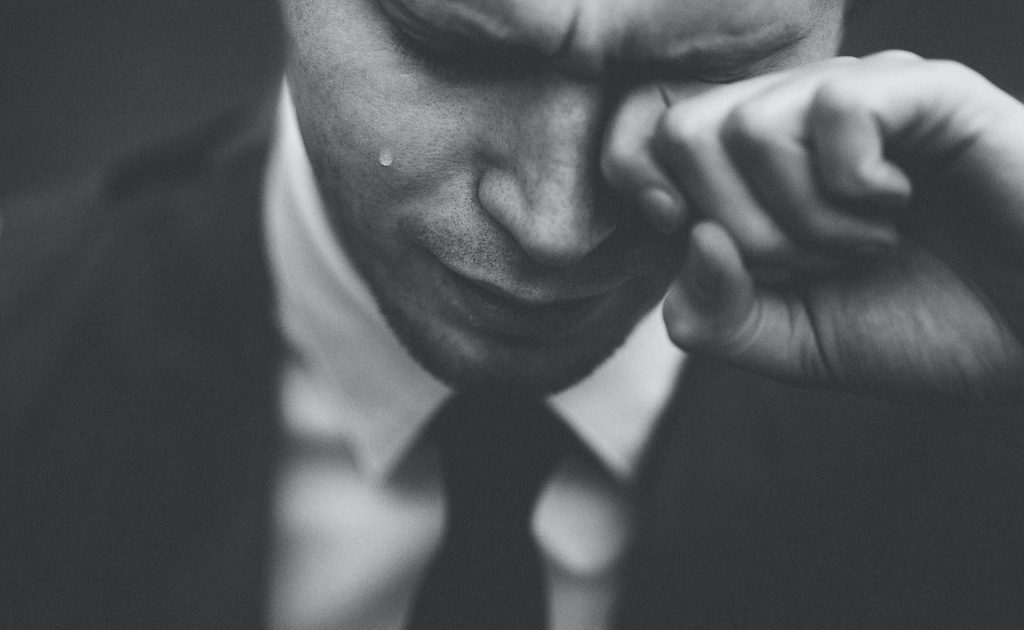
Orthodox Funeral Ceremony: Rites And Burial
Orthodoxy is one of the three branches of Christianity and is a monotheistic religion. It is characterized by the preservation of the religious doctrine and customs practiced since the foundation of the religion. It does not admit any modification or adaptation of religious requirements to the cultural habits of each generation. Certain peculiarities concerning rituals and burial are also noted in funeral ceremonies. So, without further ado, let’s dive into this blog and learn more about orthodox funeral ceremonies.
The Orthodox view of death

According to Orthodox beliefs, religious death is the presentation of the soul, by the angels, before the Lord. To do this, the soul must first be separated from the body. This transition takes place only three days after the bodily death.
After this time, the ascension of the soul is effective, and only then does the Orthodox Church have the assurance that it is returned to its Creator. Thus, the body, originally made of earth, can now be buried by a just return of things. For this reason, the religious funeral ceremony is accepted only three days after the medical death of the faithful.
Treatment of the deceased
In case of death, only the prayer given by the priest during or directly after the deceased has breathed his last is required. Among the Orthodox, the treatment of the deceased and the organization of the funeral are left to the discretion of his relatives, according to his last wishes and the habits and customs of the society to which he belongs. However, the church considers cremation, autopsy, organ donation, and donation of the body to science as a desecration of the body. According to the church, these practices are not in accordance with the divine will.
Religious accessories are not to be overlooked

An Orthodox funeral ceremony can occur at the deceased’s home, at a funeral home, or at the church. Generally, the latter option is the most preferred. For religion, the place is not important. What is important is the performance of the soul cleansing ceremony to ensure the ascension and eternal rest of the soul. For this purpose, the following accessories are mandatory:
- A cross or a cross necklace
- One or more candlesticks were placed on the coffin
- Candles that are lit constantly during the ceremony
- Incense, which is considered a spiritual cleanser
- Holy water
Apart from this, it is important to note that the Orthodox Church has no requirements or objections regarding the choice of mourning flowers.
The last blessings
For certain eternal rest, the Pope or a priest must accompany the deceased from the time of burial to the time of burial. The fulfillment of this requirement helps to overcome the mourning of a loved one. Indeed, this period is crucial, as it is the last opportunity to purify the soul in order to prepare it for the afterlife. The purification is symbolized by the prayers of the clergyman, religious songs, incensing, and sprinkling of holy water.
The blessing of his loved ones is done by giving him a last kiss, preceded by a prayer for the eternal rest of his soul. After this, the Pope or priest will place a cross around the neck of the deceased. This symbolizes his love for Christ and his hope for redemption.
The Burial

As it is often said: “Let the earth return to the planet! This is the respect for the natural return of things and, therefore, of the divine will. Despite this, Orthodoxy is among the religions that strongly believe in the resurrection of the dead following the return of Jesus Christ at the end of time, who will appear from the East.
In this perspective, for the Orthodox, each deceased is positioned facing the East to symbolize the expectation of the coming of the Savior. This way, he or she will benefit first from this divine miracle and eternal life.
Sound off in the comments section below and tell us what you want to read next and if you want to read more about death and last rituals.